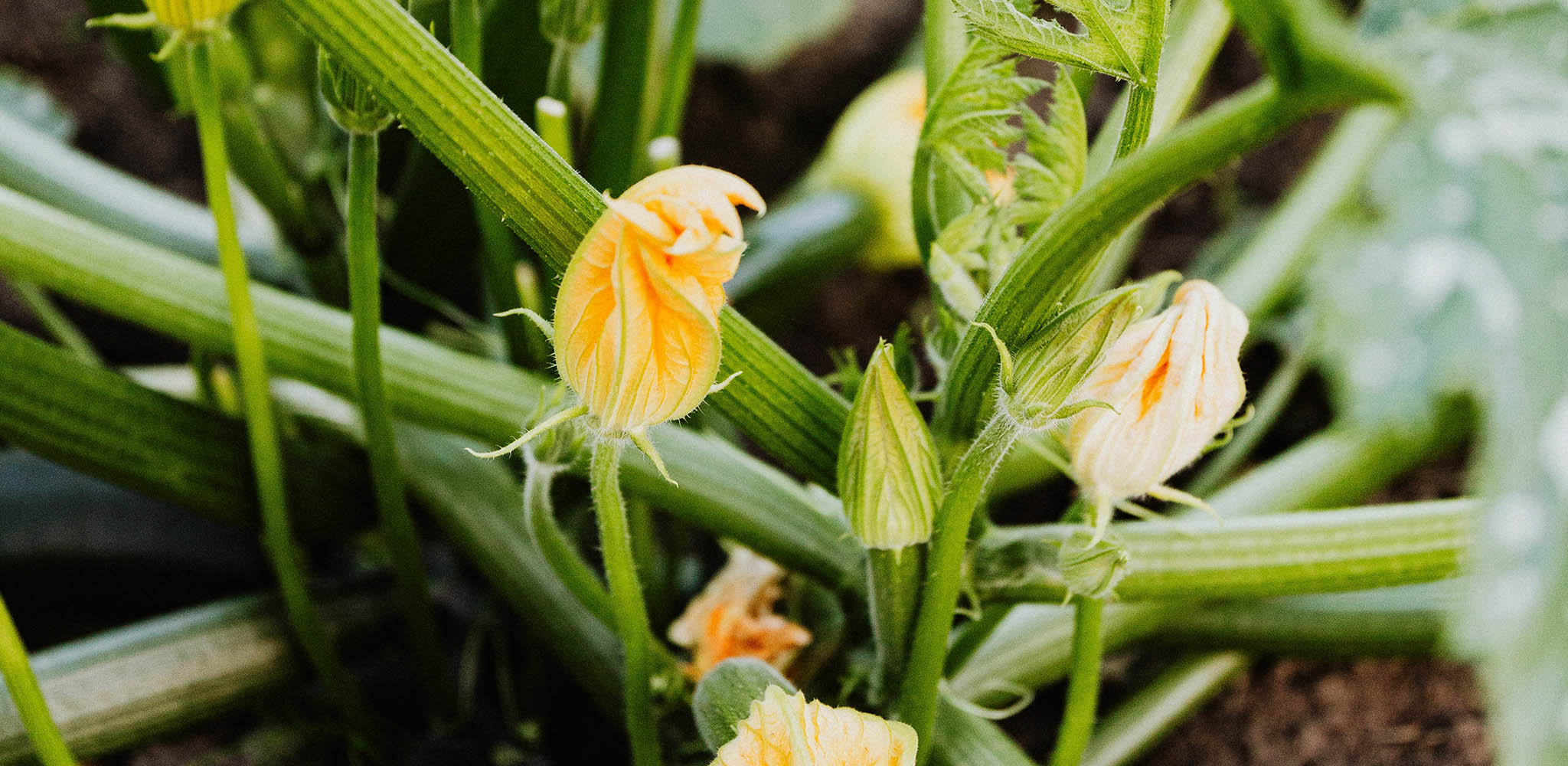
Intemar Project
Integrated control of main harmful insect pests and recently introduced diseases in horticultural crops
The project aims to develop and validate some innovations in the integrated control of the main harmful insect pests and diseases recently introduced in horticultural crops in Italy and Tunisia. The activities planned to achieve this objective are: (i) monitoring and characterization of new phytophagous insects and diseases; identification of emerging phytosanitary problems; assessment of the potential risks associated with main horticultural crops in Sicily and Tunisia; (ii) optimization of existing integrated pest and disease control programs; improvement of sustainable solanaceous and cucurbit production in terms of quantity and quality in the two countries concerned; optimization of control programs; (iii) Integrated management of plant protection products already present on crops, reduction of chemical inputs for crop protection; development and validation of new tools for integrated pest and plant disease control; (iv) economic analysis of damage and cost-benefits of integrated control programs; assessment of the economic and social adequacy of optimized and innovative integrated control strategies against solanaceous and cucurbit parasites. Intensive communication between partners and outside the project will ensure the result dissemination. Because the Mediterranean region has a relevant incidence of pests threatening crop production with a significant social and economic impact, the intensification of cross-border cooperation aimed at studying emergencies related to pests and plant diseases, as well as the development of crop protection strategies, are crucial factors for the consolidation of production. In this way, the quality improvement of agricultural supply and the standardization of products for trade between the two States will be suddenly guaranteed

WP2: Communication
Communication is a service and transversal activity to all project actions.
Objectives: cross-border transfer of knowledge between stakeholders and target groups; sharing of knowledge, skills and experience between partners; result dissemination to final beneficiaries and decision-makers (institutions, policy).
WP3: Monitoring and characterisation of new pests and diseases
Objective: identify new emerging phytosanitary problems to assess the potential risks associated with horticultural crops in Sicily and Tunisia.
WP4: Optimisation of current integrated pest and disease management programs
Objective: improve the sustainable production of Solanacee and Cucurbitacee crops in terms of quantity and quality between the two countries, by optimizing existing pest control programs, thereby reducing chemical inputs for crop protection.
WP5: Development and validation of new tools for integrated pest and disease control
Objective: seek innovations in crop protection and validate their potential as effective pest management tools under field conditions.
WP6: Economic analysis of the damage and cost-benefits of IPM programs
Objective: assess the economic and social capacity of optimized and innovative strategies for integrated pest control of Solanaceae and Cucurbitaceae crops.

